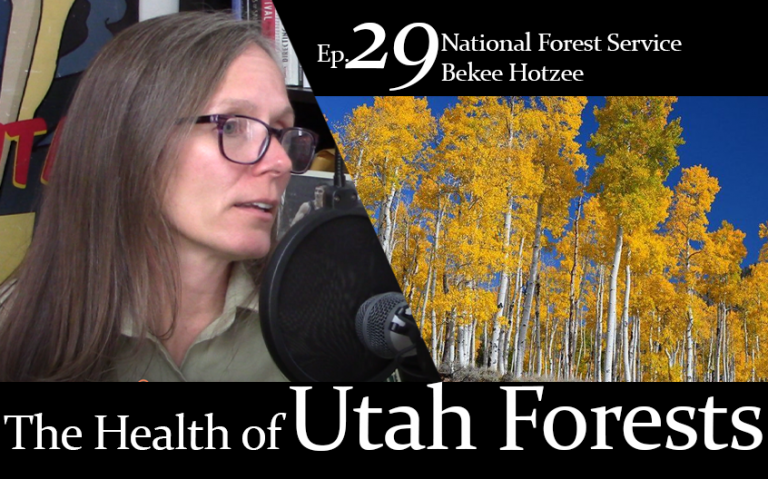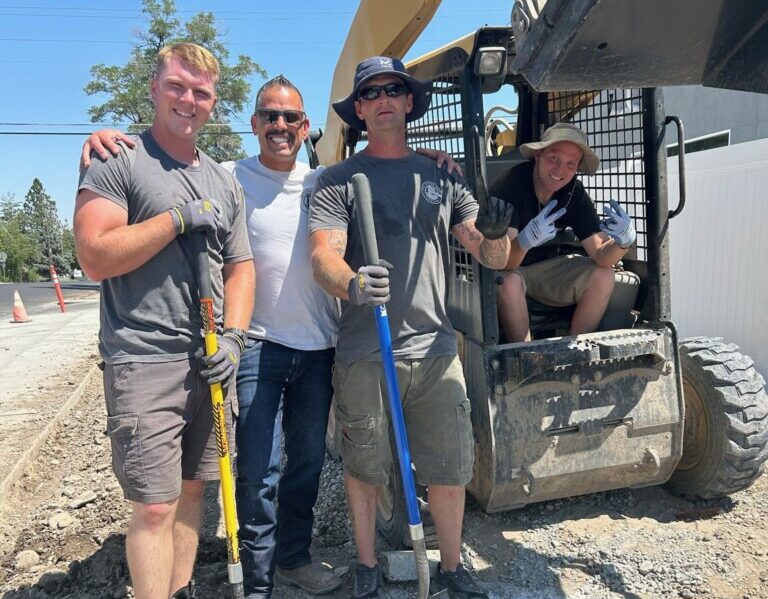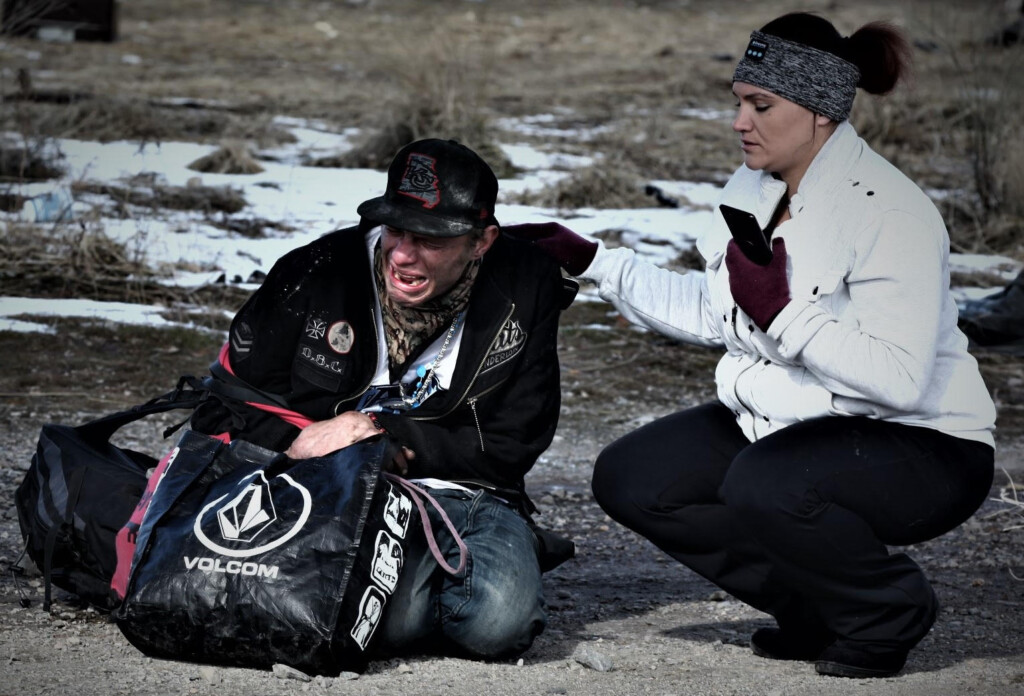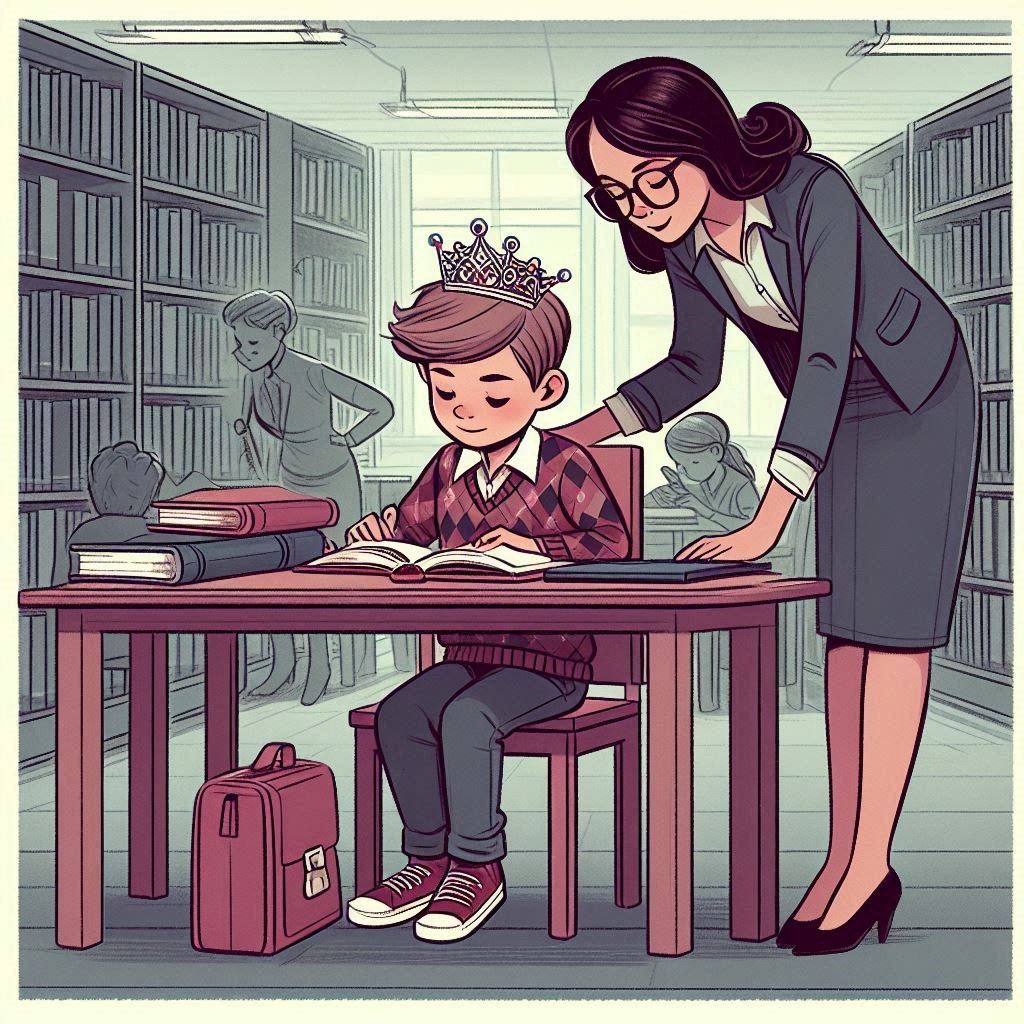“There isn’t any poop fairy”—Bekee Hotze
Civilizations depend on forests and deforestation often results in societal collapse. This almost occurred in Salt Lake City. In the early 1900s, the surrounding mountains were logged, mined and eroded to such an extent that drinking water was endangered.
|

This observation comes from Bekee Hotze, of the Uinta-Wasatch-Cache National Forest. She was referring to the necessity of dog owners to clean up after their pets AND bring the plastic bags back to trailhead trash sites. But it is also part of the larger interactions between humans and forests.
Civilizations depend on forests and deforestation often results in societal collapse. This almost occurred in Salt Lake City. In the early 1900s, the surrounding mountains were logged, mined and eroded to such an extent that drinking water was endangered. Only a massive tree replanting by the National Forest Service reversed this dire situation.
But this was not a one-time cure-all. Care for the forests must be constant. Invasive insects attack the trees. Humans start 70 percent of wildfires. Sites are despoiled by graffiti.
The Forest Service maintains its vigilance since 60 percent of the drinking water in the Salt Lake Valley comes from the mountain watershed. Hotze is thankful that 2,400 volunteers from 23 organizations also aid in litter cleanup, trail maintenance, and graffiti removal. This points up the respect humans must maintain towards this environment.
“Leave no trace. Stay on the trail and know conditions before you go. Mountain biking on a wet day is not a good idea,” Hotze says.
Humans are a part of the natural environment. They just can’t be the only part.






